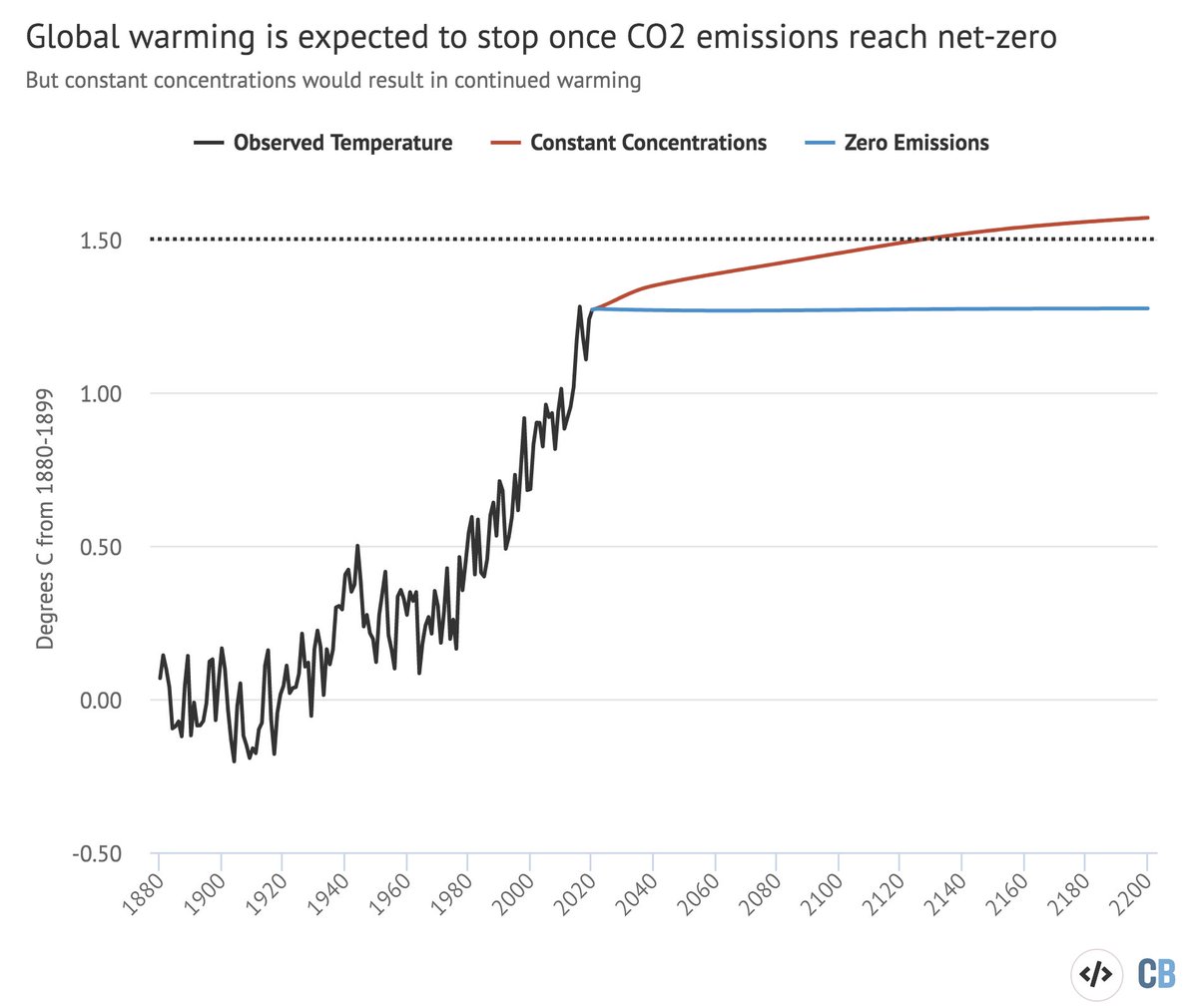
Its a shame that @washingtonpost's excellent fact checking does not extend to scientific statements in op-eds, as this one is a hot mess of a Gish Gallop: washingtonpost.com/opinions/2021/…
Where to start? No, the rate of global sea-level rise 70 years ago was not "as large as what we observe today", at least in 4 out of 5 available reconstructions: carbonbrief.org/explainer-how-… 

Yes, the the number of significant tornadoes hasn’t changed much at all, but scientists never claimed that they would (and our models generally can't resolve small-scale events like tornadoes): carbonbrief.org/tornadoes-and-…
Yes, the hottest summer temperatures in the US likely occurred in the 1930s/1940s. But there is a lot more variability in 2% of the planet in one season (Summer) than for global average temps. And what was a localized event then is a global event now:
https://twitter.com/hausfath/status/1159964141584408576
No, scientists in fact can "untangle" natural phenomena from human influence. There are not large "deficiencies of climate data". The data suggests that effectively all the warming we have experienced is due to human activity:
https://twitter.com/hausfath/status/1351234792067633153
No, the idea that we could stop climate change is not "delusional". Despite the fact that CO2 lasts in the atmosphere for centuries, once we reach net-zero warming will stop: carbonbrief.org/explainer-will…
Yes, people in poor countries need more energy, and some will come from fossil fuels (though ideally not coal) in the short-term. But thats not a meaningful contributor to climate change, relative to the emissions of middle income and rich countries: nature.com/articles/d4158…
• • •
Missing some Tweet in this thread? You can try to
force a refresh






